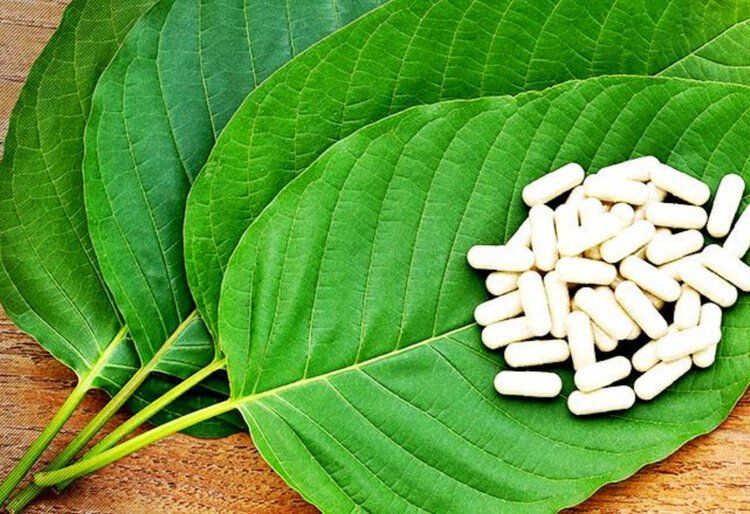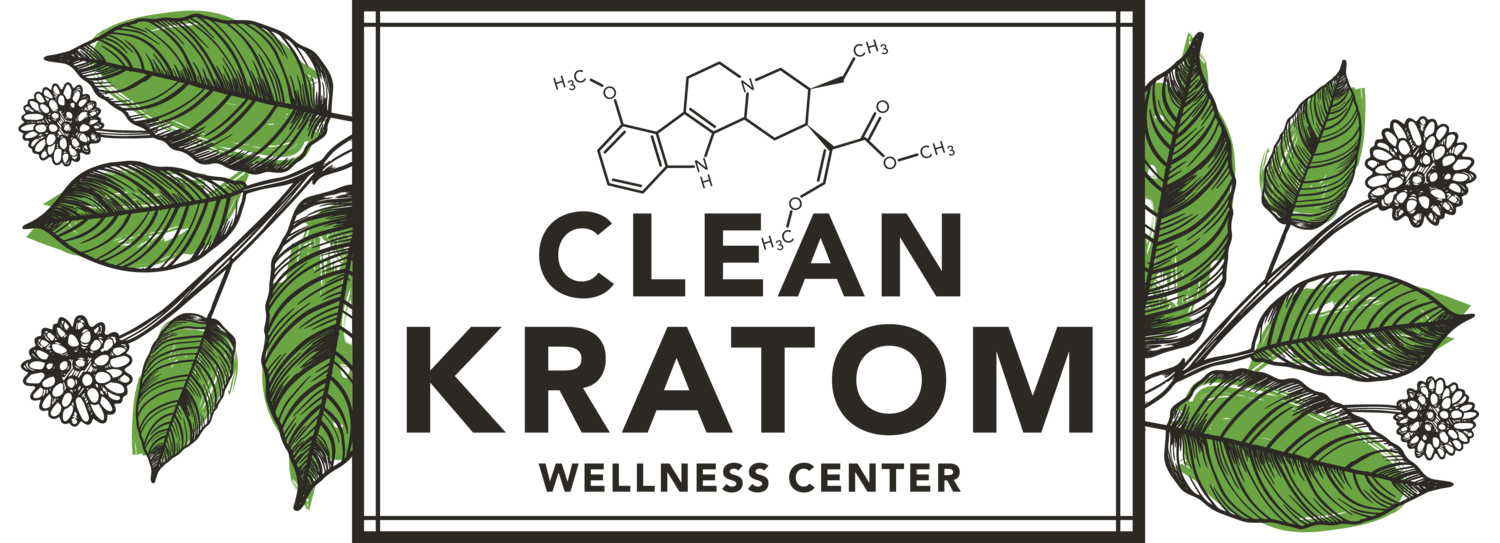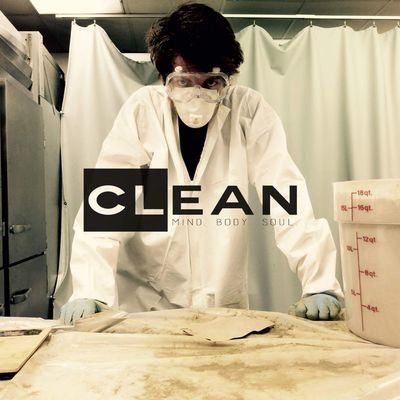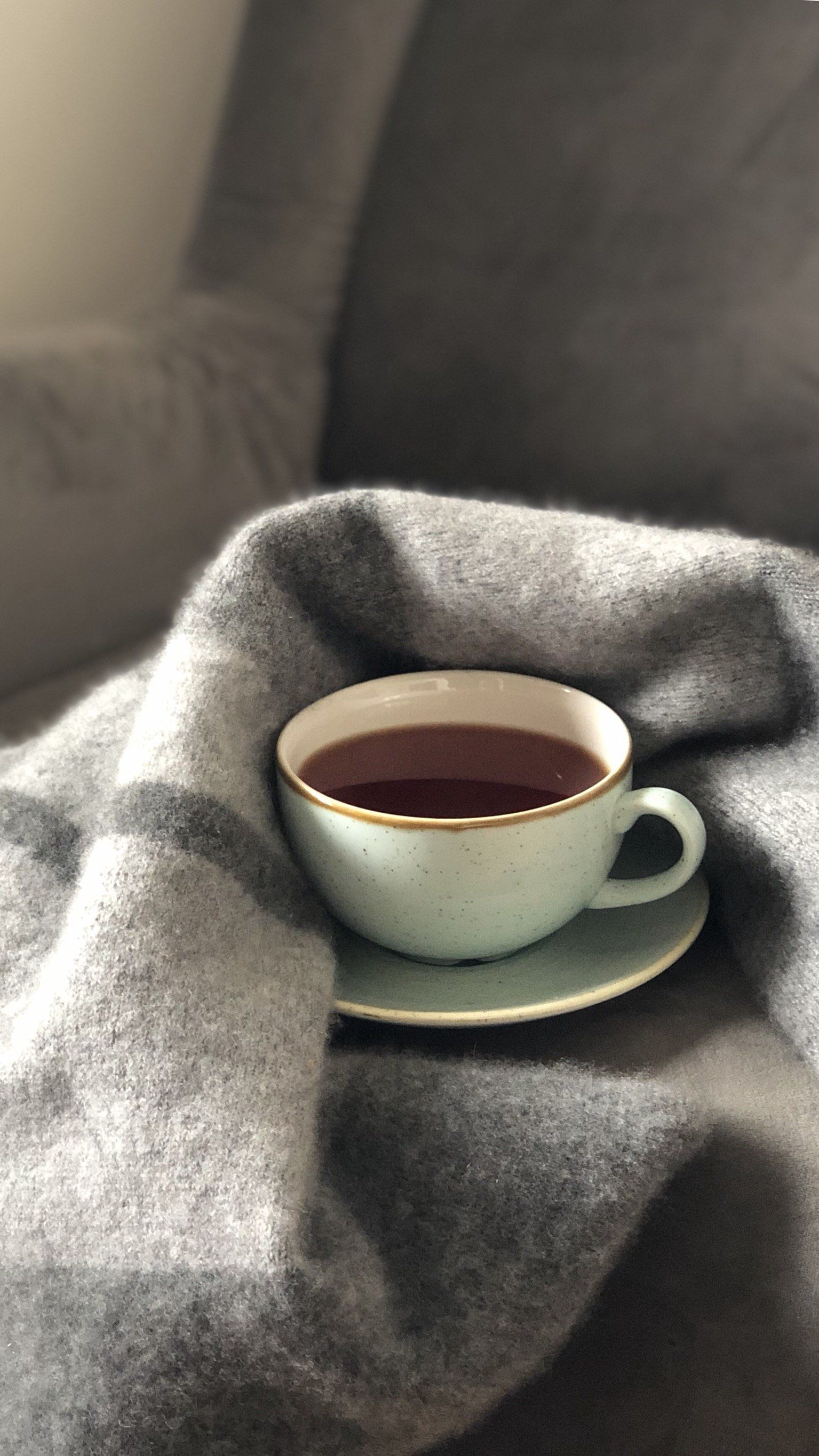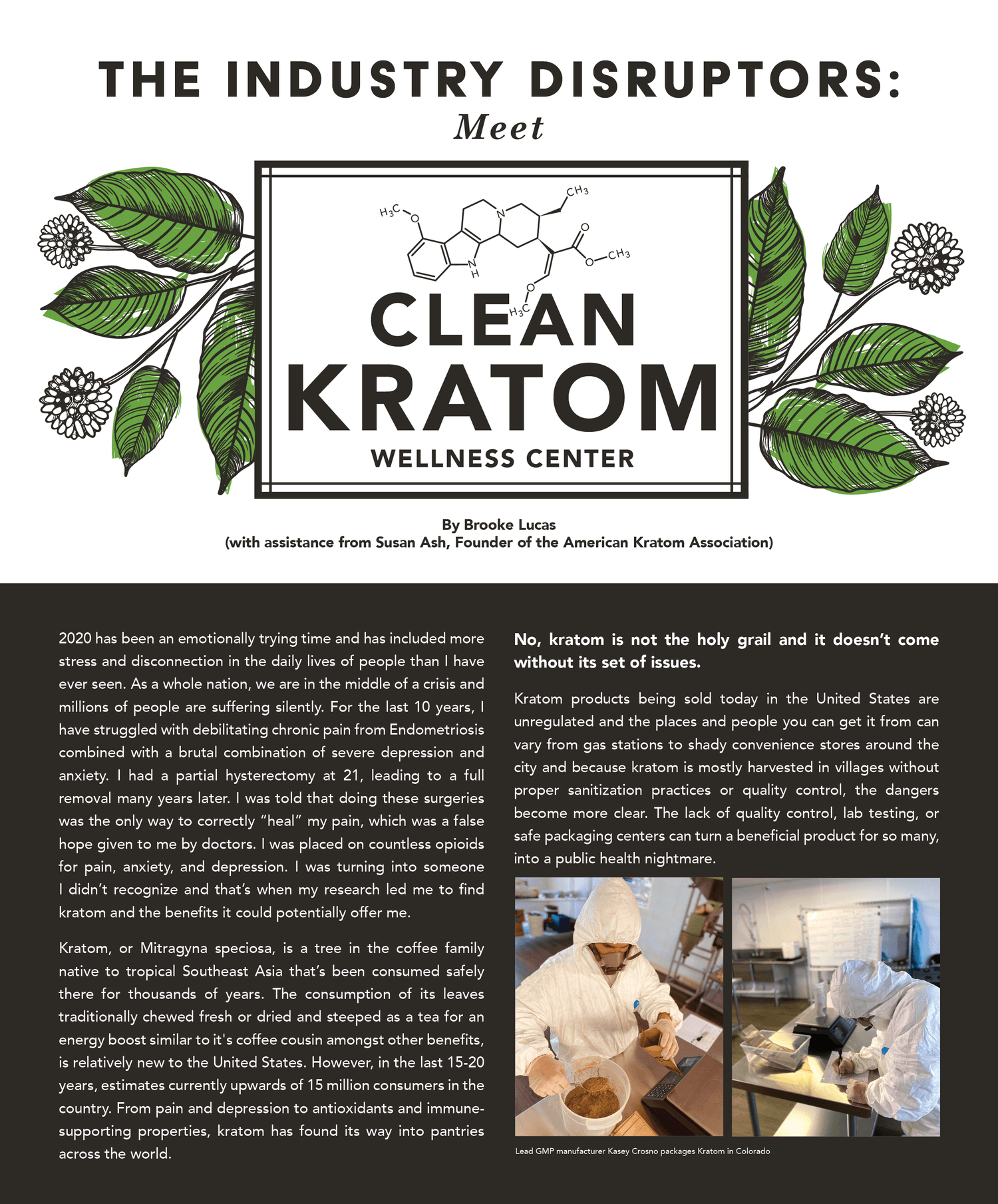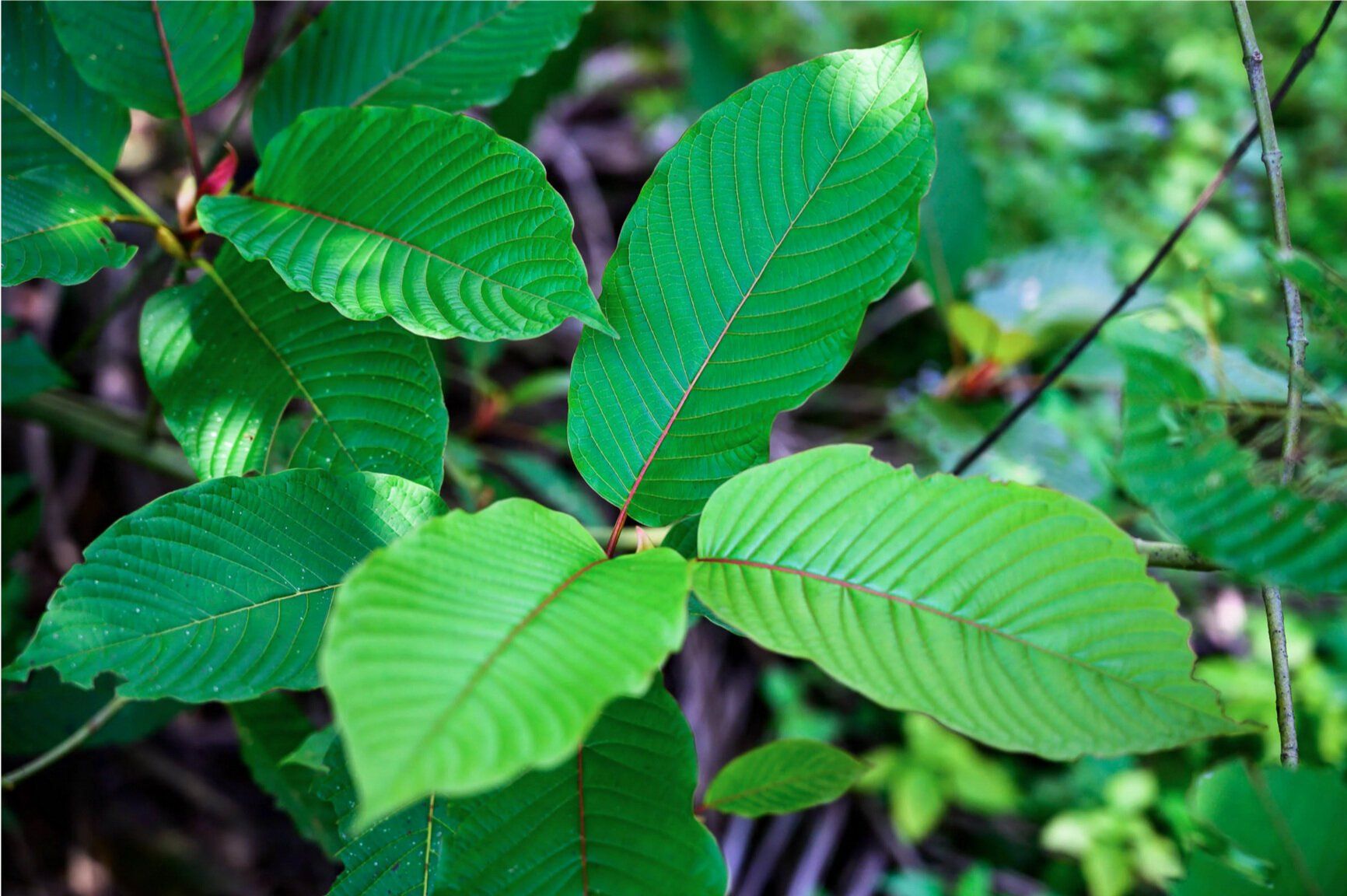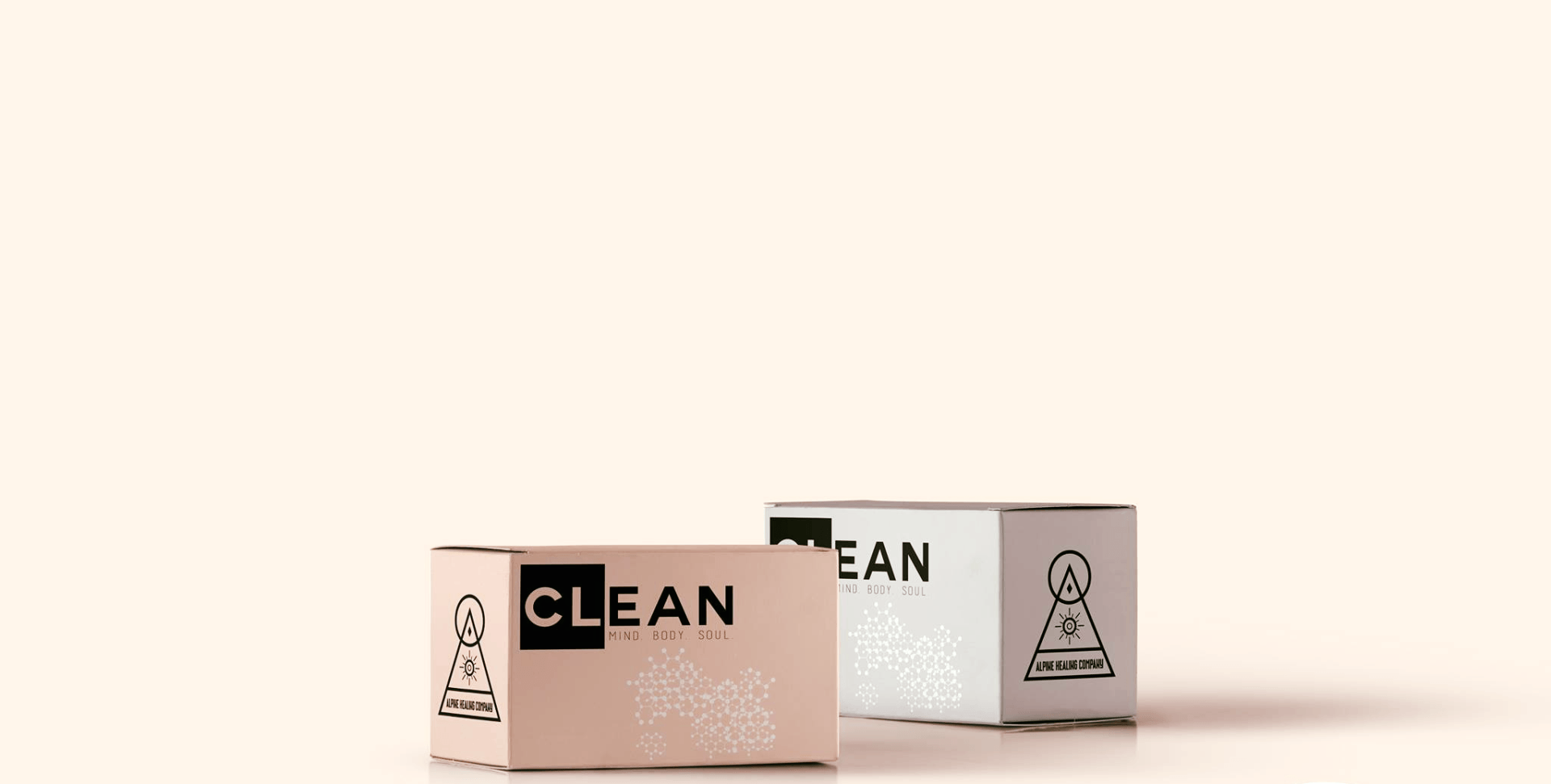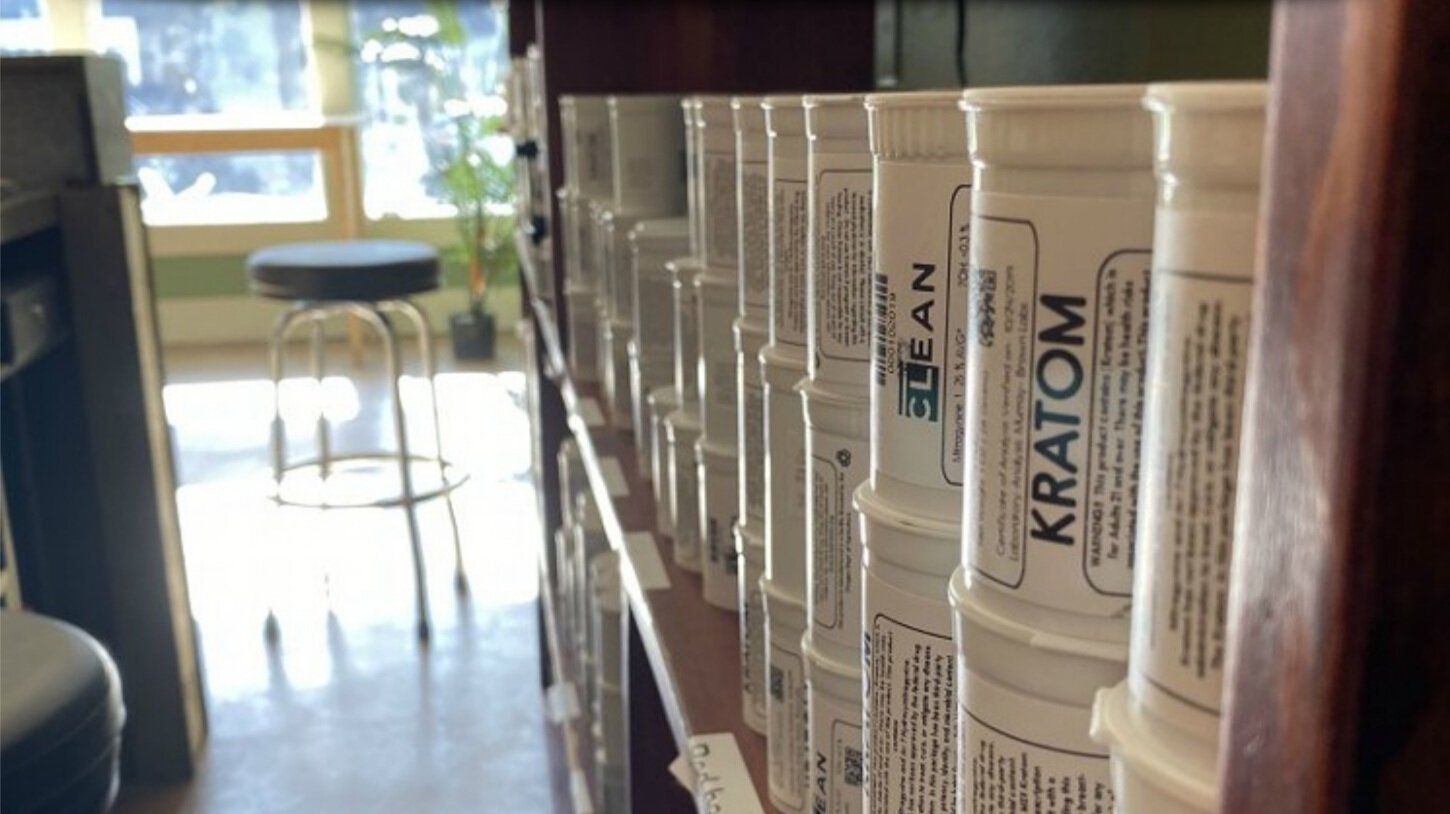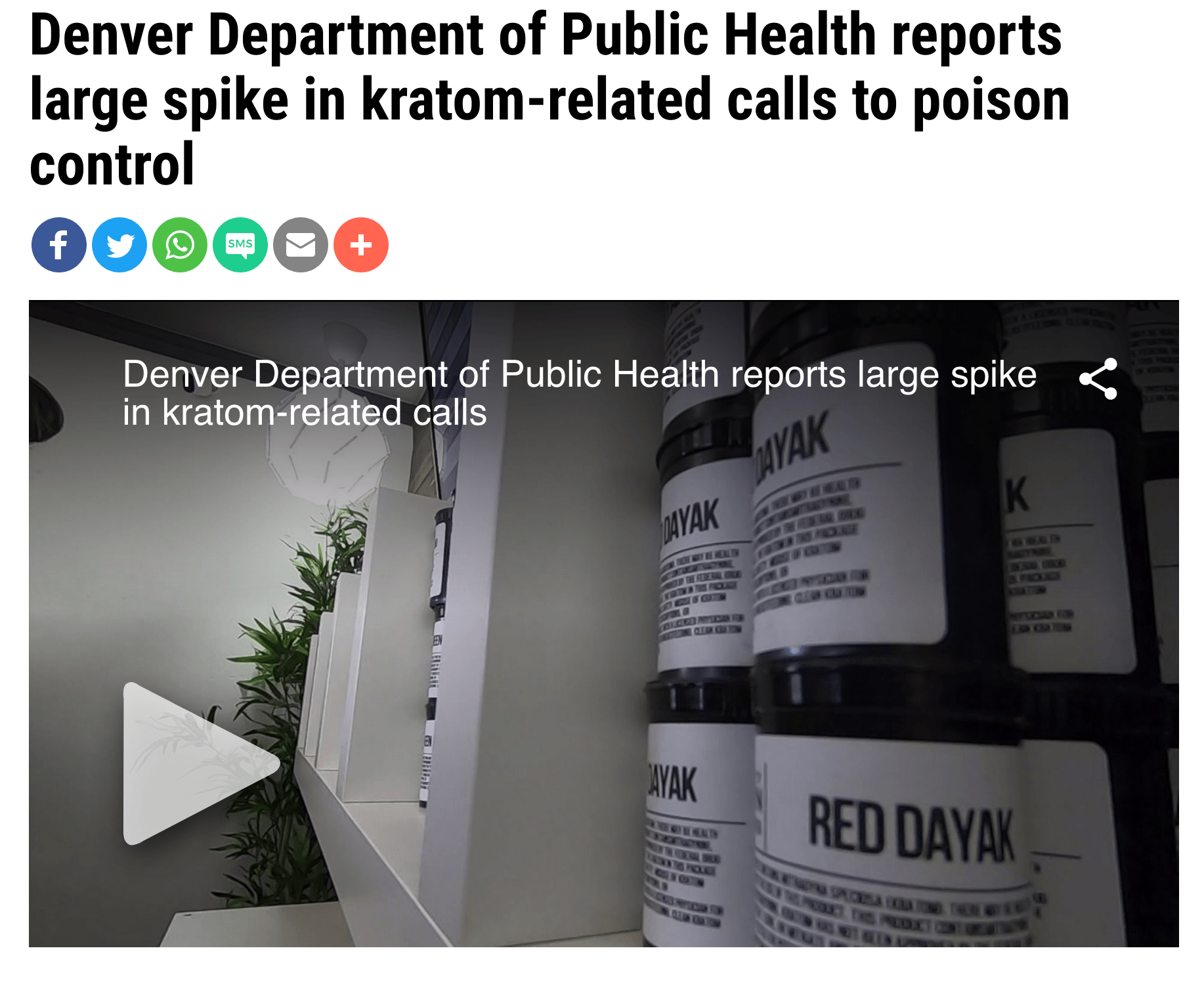What Kratom Really Does In Your Brain and Body
How Kratom Gives You Effects
The pharmacology of kratom has been a big interest of mine since I found it a few years ago. Very often my husband tries to tell me something and gets “ssshhhh, i’m in the middle of a science study” as a response. I devour real kratom science publications. To me, they are as intriguing as a new King novel. So, I am very often asked how kratom works in the brain. This is where I start babbling about MOR affinity and the 5HT2a antagonism and b.arrestin recruitment and…there I go again. Let me simplify it in a way that everyone can grasp. Here is a brief summary of what kratom really does in your brain and body.
The Opioid Receptors
The most commonly seen explanation of what kratom does goes something like this: “it hits the same opiate receptors as painkillers” or “kratom fills the opioid receptors in your brain”. Those statements are somewhat true. Kratom does act like other opioids, partially. The main alkaloids in kratom (mitragynine and 7oh) partially activate the Mu opioid receptor (1). When this receptor is turned on, it sends signals to the brain that are responsible for sensations of reward and pain. This gives you the reported effects of pain relief and mild euphoria. So while kratom works much like opiates, it is only a partial “agonist”. You could say that It doesnt turn the receptor on all the way. Pharmaceuticals like morphine and oxycontin are full agonists while kratom is a partial one. This is a big part of kratom’s safety profile as one of the reasons you cannot overdose on kratom.
Serotonin
Kratom does a lot more than just relieve pain through opioid receptors. Recent studies have shown kratom to also affect serotonin neurotransmitters. Sleep, mood, digestion, appetite and memory are believed to be regulated by serotonin. A recent study (2) by Dr. Chris McCurdy found kratom to activate serotonin receptors. This may be what gives you the mood boost effects, according to the study. A word of caution - the serotonin activity of kratom should be considered when combining it with other serotonergics like SSRIs and antidepressants.
Dopamine
This is probably the most recognized chemical in our brain (neurotransmitter). Dopamine truly is the pleasure center. It is often referred to as “the happy hormone” or “pleasure chemical”. Many substances affect dopamine including food, exercise, and kratom. The dopamine receptor that is activated by kratom is called the D2 receptor (3). This activity could help with depression and act as an antipsychotic. Kratom’s effect on dopamine may be why we feel motivated and uplifted. A word of caution though, chronic use of anything dopaminergic can result in down-regulation (as discussed in my previous
blog about kratom tolerance). Use kratom to your benefit but allow your body to be with itself occasionally. Breaks are a good thing, even just for one day.
Further Research
New kratom research is emerging at a rapid rate and we are learning more about this wonderful plant everyday. WIth its 40+ alkaloids, kratom has a myriad of effects and actions in your brain and body. What an exciting time to be at the forefront of science! This blog article was my attempt to help anyone understand the very basics of what kratom is. Of course neuroscience is much more complicated and thousands of pages can be written about the particulars but sometimes we just want a quick overview. For deeper information into the pharmacology, mechanism of action, and pharmacokinetics of kratom, I implore you to look at research papers through Google Scholar or PubMed. It truly is the only way to get the facts, rather than the opinions from social media comments.
Love our leaf, Love Yourself, and take care of eachother.
Sources
(1) Eastlack SC, Cornett EM, Kaye AD.
Kratom-Pharmacology, Clinical Implications, and Outlook: A Comprehensive Review. Pain Ther. 2020 Jun;9(1):55-69. doi: 10.1007/s40122-020-00151-x. Epub 2020 Jan 28. PMID: 31994019; PMCID: PMC7203303.
(2)
Activity of Mitragyna speciosa (“Kratom”) Alkaloids at Serotonin Receptors
Francisco León, Samuel Obeng, Marco Mottinelli, Yiming Chen, Tamara I. King, Erin C. Berthold, Shyam H. Kamble, Luis F. Restrepo, Avi Patel, Lea R. Gamez-Jimenez, Carolina Lopera-Londoño, Takato Hiranita, Abhisheak Sharma, Aidan J. Hampson, Clinton E. Canal, Lance R. McMahon, and Christopher R. McCurdy Journal of Medicinal Chemistry 2021 64 (18), 13510-13523 DOI: 10.1021/acs.jmedchem.1c00726
(3) Johnson, Lindsay E et al. “The Potential for Kratom as an Antidepressant and Antipsychotic.” The Yale journal of biology and medicine vol. 93,2 283-289. 29 Jun. 2020
